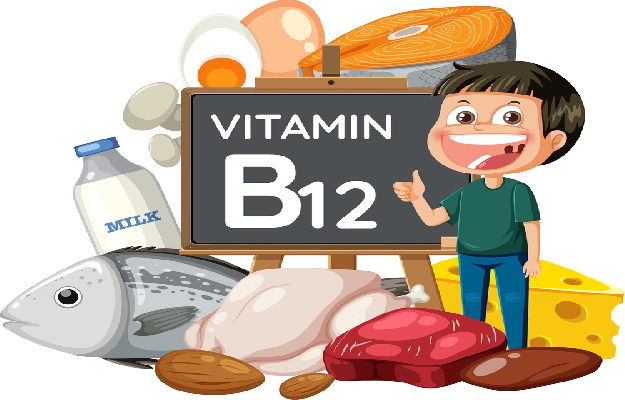Vitamin D is called the sunshine vitamin, as we get most of our daily requirement from exposure to sunlight. However, most of us spend our days cooped up in offices and at home. Even if we can find a sunny window, sitting by it is not enough to enable the body to produce vitamin D. The primary reason behind this is that UVB rays cannot get in through the glass. This may result in vitamin D deficiency in people.
Vitamin D plays multiple roles in the body. The main ones are mentioned below:
- Bone and teeth health: Eating calcium-rich foods alone does not ensure better bone density. We need vitamin D to absorb calcium and phosphorous, which are immensely important for the maintenance of bone health. This is known to prevent osteoporosis and keep the bones strong and dense.
Calcium is also very important for dental health. Due to the same reason as above, a lack of vitamin D result may also result in underdeveloped teeth or tooth decay. - Respiratory health: Studies have found that vitamin D deficiency could cause problems in respiratory function. They exhibit strong proof that low levels of vitamin D were associated with bronchitis and asthma.
- Diabetes: Vitamin D improves the body's sensitivity to insulin—the hormone responsible for regulating blood sugar levels—and thus reduce the risk of insulin resistance, which is often a precursor to type 2 diabetes.
- Mental Health: Research has shown that vitamin D might play an important role in regulating mood and improving mental health. According to a study, people with depression who received vitamin D supplements noticed an improvement in their symptoms.
- Immune system: Vitamin D helps in turning on and turning off certain mechanisms of our immunity. (Read more: Immunity boosting foods)
While our skin can turn the ultraviolet B rays of the sun into vitamin D, many of us don't go out enough. Additionally, people with darker skin have more melanin pigment on the surface which prevents a lot of these UVB rays from getting in.
Vitamin D deficiency has been linked to a number of problems like:
- Back pain: Studies have shown that low levels of vitamin D in the blood can cause or contribute to chronic back pain.
- Slow wound healing: Vitamin D plays a role in controlling inflammation by increasing the production of certain compounds that help in the formation of new skin. This makes it important for proper healing. Impaired wound healing after an injury or surgery may be indicative of vitamin D deficiency.
- Bone loss: Loss of bone density causes bones to become brittle and weak. This is an unmistakable symptom of deficiency of vitamin D. Since it plays a pivotal role in calcium absorption, maintaining good levels of vitamin D is a great way to protect bone mass.
- Hair loss: There’s a common belief that stress is the primary cause of hair loss. However, severe hair loss, also known as alopecia areata, is associated with rickets which is caused by vitamin D deficiency. Although very little research exists, loss of hair may be indicative of the same.
In the present scenario, a very select portion of the population is able to get their daily dose of vitamin D from the sun. The good news is that there are several foods that are good sources of the sunshine vitamin. Here's a look at the best of them:
















